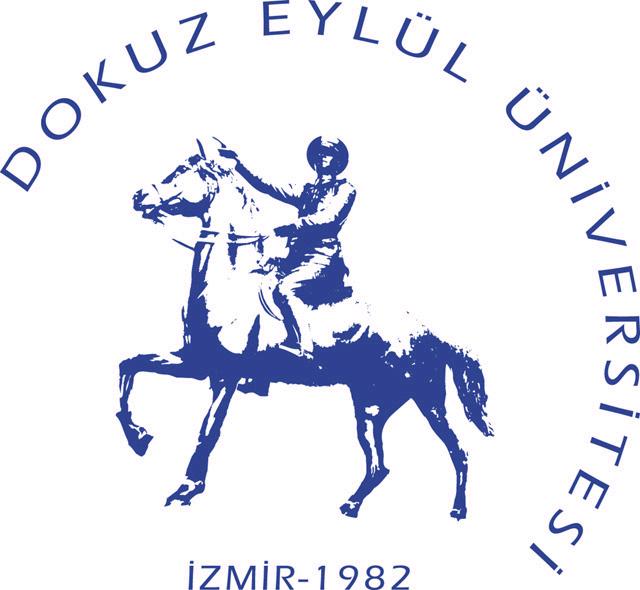EEE5066-ADVANCED DIGITAL SIGNAL PROCESSING
COURSE OBJECTIVES:
This course focuses on the theory and applications of advanced signal processing techniques. Topics covered include; linear prediction, spectral estimation, adaptive filtering, multirate digital signal processing, time-frequency analysis and wavelets.
SYLLABUS:
| WEEK 1-- |
Linear prediction |
| WEEK 2-- |
Linear prediction Cont. |
| WEEK 3-- |
Spectral estimation; Frequency resolution,
Non-parametric methods, Periodogram, Barlett method, Welch method
|
| WEEK 4-- |
Spectral estimation; Parametric method, AR, MA and ARMA models |
| WEEK 5-- |
Adaptive filtering; Wiener filtering |
| WEEK 6-- |
Adaptive filtering; LMS, RLS algorithms |
| WEEK 7-- |
Multirate digital signal processing; decimators and interpolators design and implementation |
| WEEK 8-- |
Midterm Exam 1 |
| WEEK 9-- |
Multirate digital signal processing; Multistage sampling rate conversion |
| WEEK 10-- |
Multirate digital signal processing; Perfect reconstruction filter bank, Quadratic mirror filter bank and its design |
| WEEK 11-- |
Time-frequency analysis and wavelets; What is the time-frequency analysis? |
| WEEK 12-- |
Time-frequency analysis and wavelets; Short-time Fourier transform, Continuous wavelet transform, Discrete wavelet transform |
| WEEK 13-- |
Time-frequency analysis and wavelets; Wigner distribution, Ambiguity function |
| WEEK 14-- |
Midterm Exam 2 |
TEXTBOOK:
J. G. Proakis, et. al. "Advanced Digital Signal Processing," Maxwell MacMillan, 1992.
SUPPLEMENTARY TEXTBOOKS:
1. Ludeman, Lonnie "Introduction to Digital Signal Processing", John Wiley and Sons, 1986.
2. A. V. Schaffer, R. W. Oppenheim, "Discrete-Time Signal Processing, Prentice Hall, 1989.
3. R. D. Strum, D. E. Kirk, "First Principles of Discrete Systems and Digital Signal Processing", Addison-Wesley, 1988.
4. A. Antoniou, "Digital Filters: Analysis and Design", 2nd ed., McGraw-Hill, 1993.
5. J. S. Lim, A. V. Oppenheim, "Advanced Topics in Signal Processing", Prentice-Hall, 1988.
6. V. K. Ingle, J. G. Proakis, "Digital Signal Processing Using MATLAB", PWS, 1997.
LECTURE NOTES:
HOMEWORKS:
ASSIGMENTS:
EXAMS:
PROJECT:
In this course, a project will presented by the students. Projects can be done individually or by teams of two or four students. You can use MATLAB in your project. The projects will be graded based on a project report as well as an in-class presentation.
Subject of the Term Projects (in Turkish)
Project presentation rules (in Turkish)
GRADES:
| Grade Section |
Percent (%) |
| Exams |
40 |
| Homework |
10 |
| Project |
40 |
| Final Exam |
10 |
|
| 
